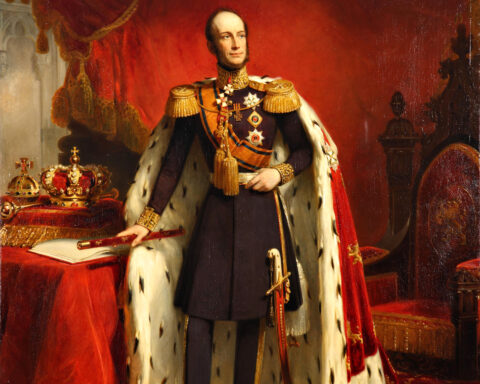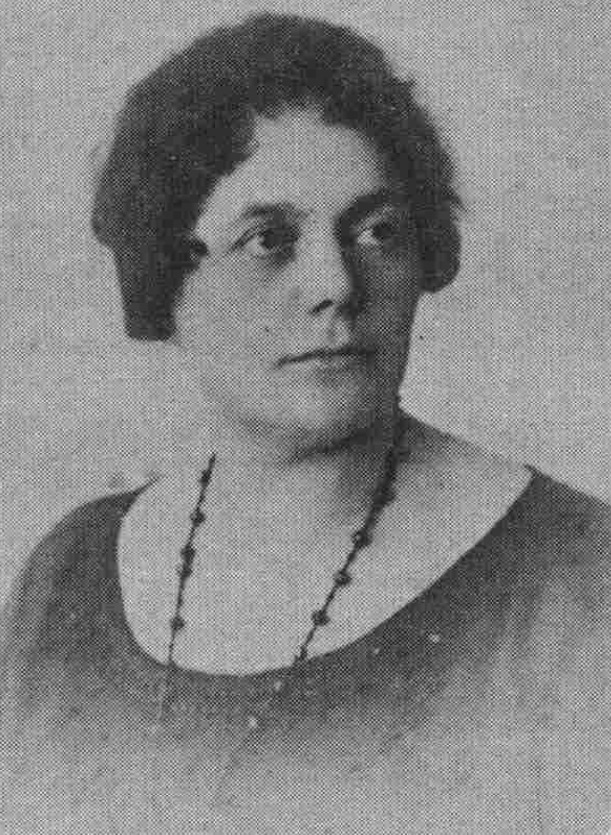Marguerite Thomas-Clément (1886–1979) was the first woman elected to Luxembourg’s national parliament. This article outlines her legislative contributions, her advocacy for gender equality, and the political context following the extension of voting rights to women in 1919.
Legislative Context and Parliamentary Entry
In 1919, Luxembourg granted women the right to vote and to stand for election, marking a turning point in democratic participation. That same year, Marguerite Thomas-Clément was elected to the Chamber of Deputies from the Centre constituency as a Social Democrat. Her election made her the first and only female parliamentarian in Luxembourg until 1931. Her arrival in the legislature reflected both progress and ongoing limitations in female political representation. Despite a general openness to reform during the post-war period, her lone presence among male colleagues underscored the enduring gender imbalance in national decision-making. Her election was more than symbolic; it laid the foundation for a slow but irreversible expansion of women’s roles in the political sphere.
Legislative Proposals and Social Advocacy
Thomas-Clément quickly introduced a draft bill aimed at achieving full civil and economic equality between men and women, although it failed to pass. She remained active in championing women’s issues, frequently raising concerns in parliament about working conditions and wage disparities. She also criticized inadequate sanitary conditions at the national maternity hospital and intervened in cases involving detained sex workers suffering from contagious diseases. Her consistent focus on female welfare positioned her as a pioneering voice for social justice. Despite limited legislative success, her efforts helped introduce topics previously absent from parliamentary debate. Through her actions, she highlighted systemic neglect of women’s health, labor rights, and civil dignity.
“She continued to raise parliamentary issues aimed at improving women’s working conditions and fighting wage inequality throughout her mandate.”
Political Trajectory and Legacy
Thomas-Clément eventually left the Socialist Party and did not secure re-election in 1931. Her political career thus spanned a single, decade-long mandate. While her time in office was relatively brief, her influence endured. She opened the door for future generations of women in Luxembourgish public life. The fact that she remained the sole female deputy for over ten years underscores both the barriers she faced and the scale of her achievement. After her departure from politics, her contributions were not widely celebrated during her lifetime, but her pioneering role was later recognized in historical retrospectives. She died in 1979, having witnessed considerable societal change since her initial parliamentary victory in 1919.



















